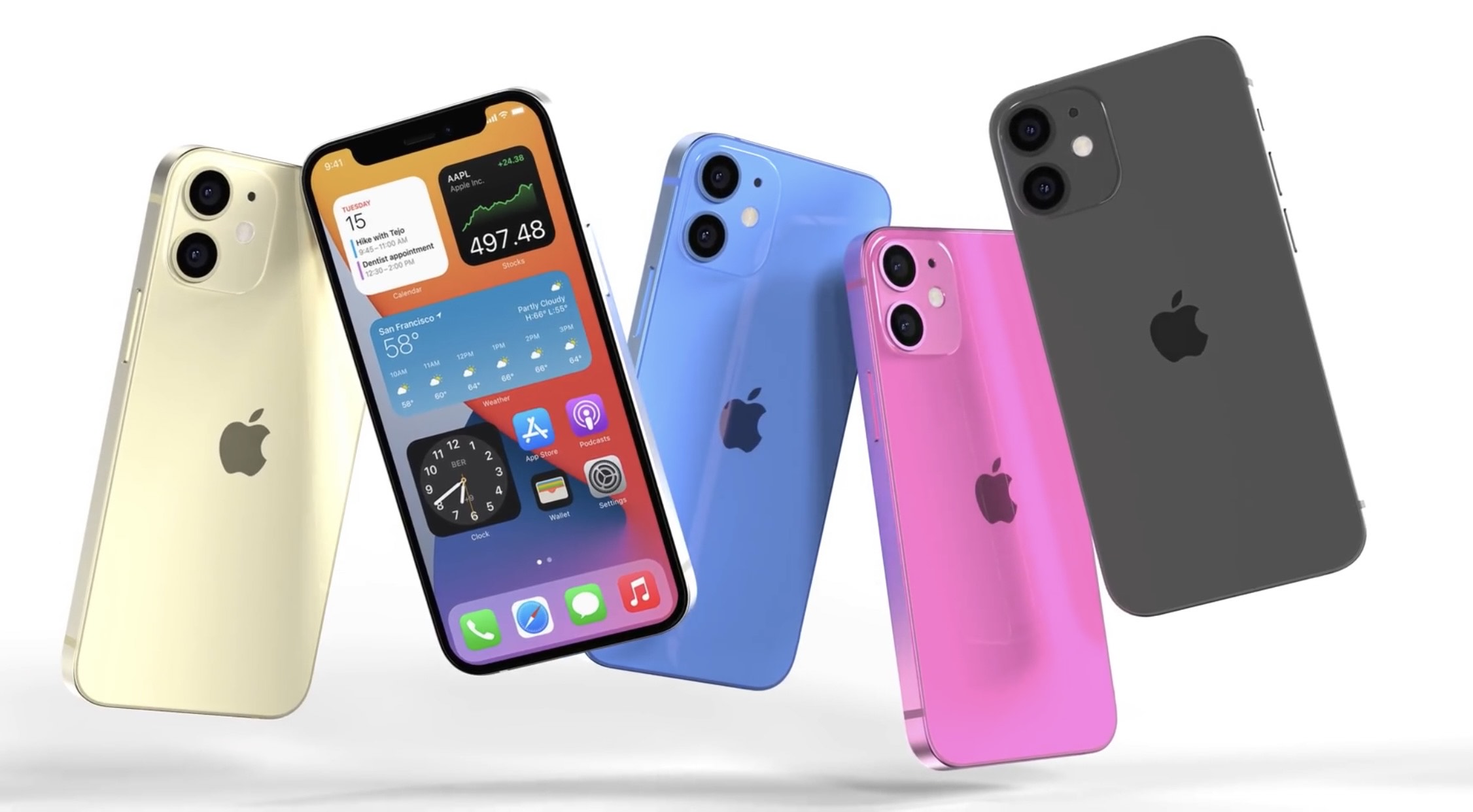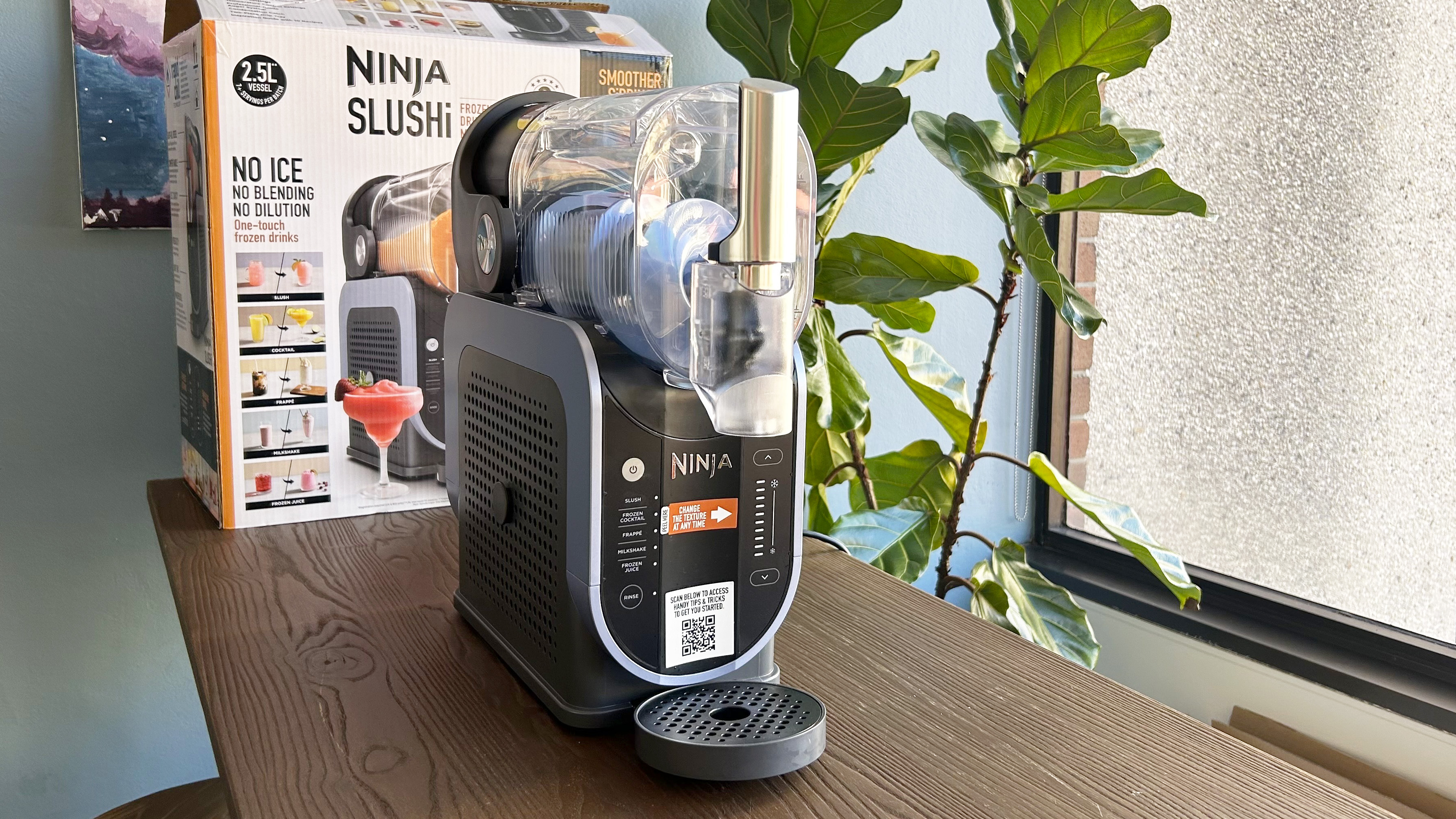3 things to do with an iPhone VPN
Three common use cases for VPNs for iPhone in 2020

VPNs are an easy way to protect information about your online activity, and iPhone VPN services have most of the tools and benefits that you would expect from desktop software. With more people using smartphones and tablets than ever before, mobile VPN services have grown increasingly popular over the last few years – and now pretty much all of the best VPN providers have a great option.
In this article, we’ll go over a few of the main VPN uses for iPhone users and how it can make your online experience more flexible and secure.
- Setup VPN: our comprehensive guide for all devices
- Here's exactly how to change region on Netflix
1. Protect your identity
VPNs can offer a wide range of features and advantages. That said, their primary selling point is the ability to keep your data safe when using the internet. VPNs built for iOS work similarly to desktop providers by routing your activity through a private server in order to protect it from third parties.
If you’re using a public Wi-Fi network, for example, your activity won’t be sufficiently secure without the help of a VPN. Most use at least AES-256 bit encryption to give your browsing activity the greatest degree of security possible. This keeps your information safe from outside attackers, as well as your ISP.
Of course, that isn’t to say that you’re completely untraceable with a VPN. While some providers claim to not store any logs, PureVPN and other “no-logs” providers have turned information over to the FBI and other law enforcement agencies in certain cases. We’d always keep an eye out for no-logging being verified by an independent audit, as is the case for ExpressVPN or NordVPN.
Even if the content of your internet activity isn’t stored, simply keeping track of when you used the program can seriously compromise the security of a VPN, particularly if it’s based in a country that’s part of an intelligence agreement like 14 Eyes. Furthermore, some free VPN services rely on selling user data in order to generate income.
2. Stream regionally restricted content
Streaming services like Netflix and Hulu have different content in different locations. If you live in the United States, you might be interested in shows and movies that are only available in Canada, Australia, or the United Kingdom.
Sign up to get the BEST of Tom's Guide direct to your inbox.
Get instant access to breaking news, the hottest reviews, great deals and helpful tips.
While streaming services are starting to fight back against this practice, you can still use a VPN to get around their restrictions. Make sure to read our list of the top Netflix VPN services if you’re looking for a provider that can successfully circumvent geoblocks on Netflix and other streaming platforms.
3. Avoid local or national network restrictions
While the internet was envisaged as a place of freedom, many countries around the world have imposed block and bans on certain content or services for political reasons. For example, in China, you won’t be able to access any Google services, Wikipedia, WhatsApp, Facebook, Twitter and quite literally thousands of other daily sites you might take for granted.
If you’re traveling to China, having a China VPN on your iPhone is the only way to surf the web like you’re used to back at home.
Also, though, when you’re at work or school you might find that social media or streaming sites like YouTube or Netflix are unavailable. These blocks may have been imposed by your ISP at the request of whoever’s in charge, but if you want to access them, all you need to do is switch on your VPN. That’ll route your traffic through the VPN server rather than your ISP’s, meaning you can browse whatever you want, wherever you want.
What’s the best VPN for iPhone?
While different VPNs have unique pros and cons, ExpressVPN is currently our top-rated iPhone VPN. It offers outstanding privacy and has strong connection speeds and support for some of the most popular streaming services.
Even though there are slightly cheaper options, ExpressVPN more than justifies its price tag with a strong set of features and servers located in more than 94 countries. You’ll also be able to stream content from tons of services all over the world, and what’s more, Tom’s Guide readers can now claim three months free on any annual plan.

Alex is a freelance writer based in New York who has previously covered a diverse range of different topics from parenthood to personal finance. His area of specialism for Tom's Guide is in VPN services and he aims to provide insightful, actionable content that can help consumers make the right decisions about which services to use and why.

